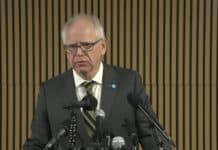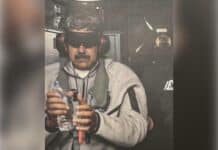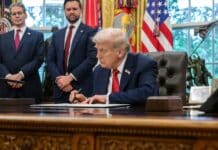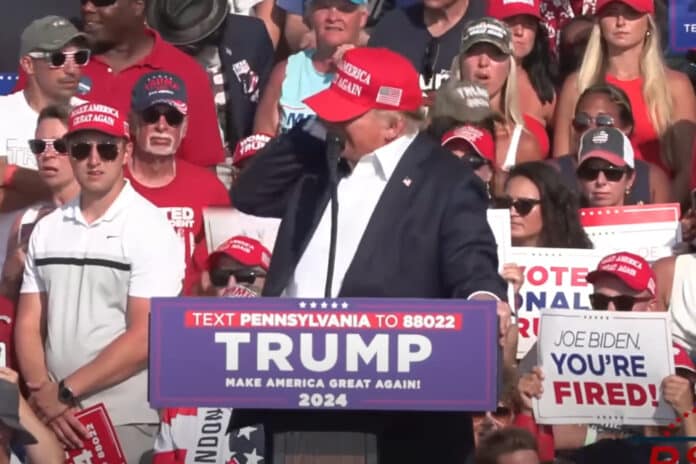
A former Secret Service agent shared his perspective on the recent assassination attempt of former President Donald Trump in an interview with Alpha News this week.
“99.9% of the time, the Secret Service does a fantastic job and has a very good program and methodology,” said Mike Olson, a former Secret Service agent with over 22 years of law enforcement experience who now runs a Minnesota-based security company called 360 Security Services.
Trump was speaking at a rally in Butler, Pa., Saturday when a 20-year-old gunman opened fire from a nearby roof, striking the former president in the ear, killing rallygoer Corey Comperatore and injuring two others.
The Secret Service is now under the microscope for what some former agents have described as an “apocalyptic security failure.” For instance, the New York Post reported that Secret Service identified the shooter, Thomas Matthew Crooks, as a “threat” 10 minutes before Trump took the stage.
“Why would anyone allow the president to go on stage when you know that you’ve got a potential threat … ?,” U.S. Sen. Marsha Blackburn, R-Tenn., said this week when confronting Secret Service Director Kimberly Cheatle.
Olson explained that much of the work the Secret Service does is never known about by the general public. “They do a lot of protective intelligence work that the public never knows about,” he said.
Reflecting on the recent assassination attempt, Olson stressed the zero-failure mission of the Secret Service. “There’s no gray area for any type of failure such as this. They should fail before there’s an assassination attempt. It’s too late when someone has to jump on the subject and cover them.”
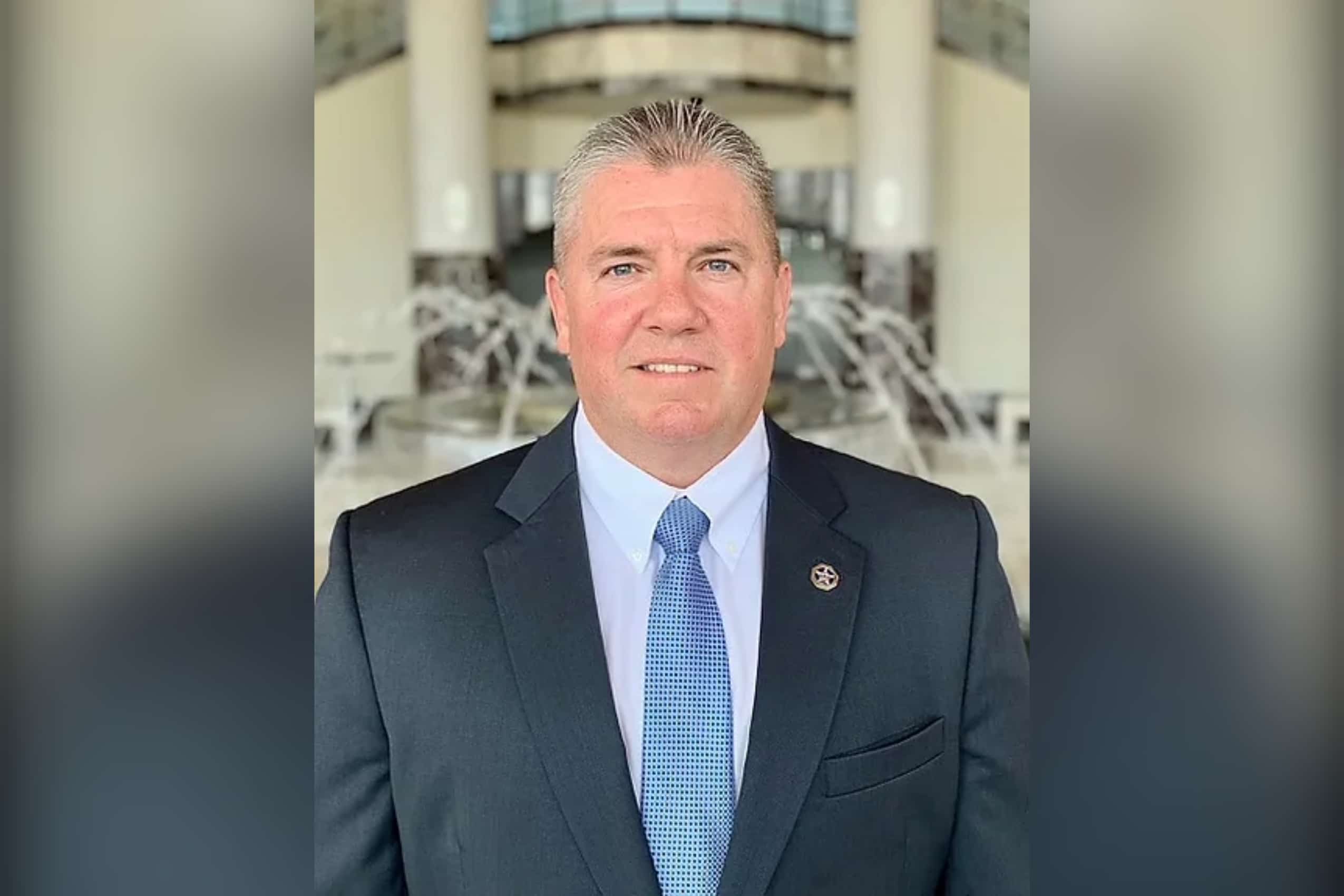
Olson noted several factors that could have contributed to the incident, including potential lapses in advance preparation and communication breakdowns between local law enforcement and the security detail.
“Did they put together a complete plan that encompassed all potential threats?” he questioned. Olson also raised concerns about the agency’s response during the incident, emphasizing the need for clarity and decisive action.
Olson said that maintaining high standards of training and physical fitness for members of law enforcement, including the Secret Service, is crucial. “The Secret Service from the way it was 20 and 30 years ago has softened its requirements for physical fitness. It still has some standards, but they’ve made it a little bit easier,” he said.
Olson expressed concerns about a potential finger-pointing fallout among law enforcement agencies. “Things like this shouldn’t happen, but we all know things like this can happen,” Olson said. “There is a sense of complacency that happens. Nothing like this has happened in decades and then all of the sudden bad things happen.”
Discussing the protection detail for Trump, Olson highlighted federal law that mandates increased protection for major party candidates starting 120 days before a general election. “Starting at 120 days out from a general election, the major party candidate is supposed to receive more protection. They should’ve been beefing up President Trump’s security detail significantly more,” Olson said. “I hope that’s true. On July 13, we were less than 120 days from the general election.”
Olson also pointed to the Secret Service’s resource constraints, noting the shortage of personnel and the impact of anti-law enforcement rhetoric on recruitment for all law enforcement careers. “We are seeing it especially in Minnesota, the anti-law enforcement rhetoric out there. How is that over time impacting the quality of applicants to the Secret Service?” Olson said.
“I don’t want to connect that to Saturday’s events per se, but in a much bigger picture it all does matter,” he said.
He emphasized the differences between when he was hired to the Secret Service in the ’90s and now. “It took me four years to get hired to the Secret Service after I applied in 1992. The way it is now, you can apply, and as long as you meet the minimum requirements and can get through a polygraph, they don’t have a waiting list. They can’t get enough people on to do that job.”
Olson emphasized the need for the Secret Service to maintain high standards and address staffing challenges to ensure effective protection. “Ultimately for our professions in law enforcement, we have to have a high degree of standards, we have to maintain those standards, and if people can’t meet those standards, then that has to be evaluated.”
Cheatle, the Secret Service director, is scheduled to testify before a congressional panel Monday.






